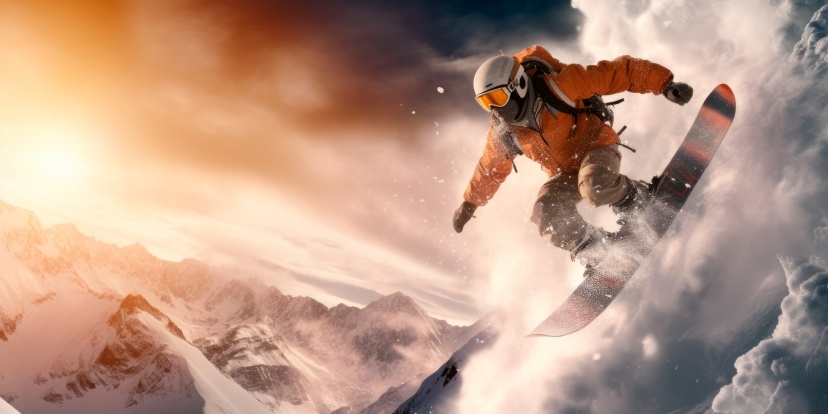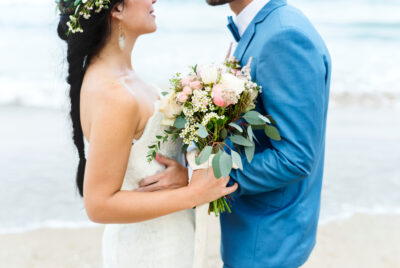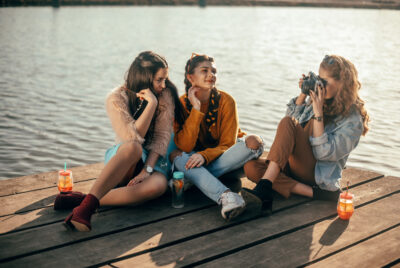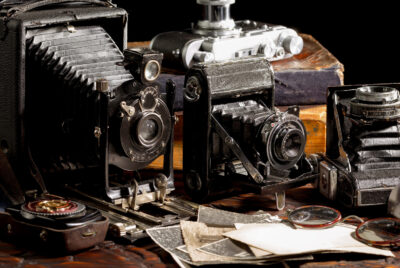Best Camera for Sports Photography: The Winning Shot
Introduction
As a sports photography enthusiast, choosing the right camera is crucial to capturing those decisive moments and freezing the action. In this article, I will guide you through the factors to consider when selecting the best camera for sports photography.
Factors to Consider Particularly for Sports Photography
Sensor Size and Resolution
The sensor size and resolution play a vital role in sports photography. A larger sensor and higher resolution allow for better detail and image quality, especially when cropping and enlarging photos. Look for cameras with APS-C or full-frame sensors and resolutions of at least 20 megapixels.
Autofocus Performance
Fast and accurate autofocus is essential for capturing fast-paced sports action. Look for cameras with advanced autofocus systems that offer a high number of focus points, fast tracking capabilities, and reliable subject detection.
Continuous Shooting Speed
Sports photography requires rapid burst shooting to capture those fleeting moments. Look for cameras that offer high continuous shooting speeds, measured in frames per second (fps), to ensure you don’t miss a crucial shot. Aim for cameras with at least 6 fps or higher.
ISO Performance
Sports events often take place in challenging lighting conditions, such as indoor arenas or low-light outdoor venues. A camera with excellent ISO performance will allow you to capture sharp and noise-free images even in dimly lit environments. Look for cameras with good high ISO capabilities.
Lens Compatibility
The choice of lenses greatly impacts your sports photography. Ensure that the camera you choose has a wide range of compatible lenses available, including telephoto lenses with fast apertures. This will give you the flexibility to adapt to different sports and shooting scenarios.
Image Stabilisation
Sports photography often involves handheld shooting, which can introduce camera shake. Look for cameras with built-in image stabilization (in-body or in-lens) to help compensate for any unwanted motion and produce sharper images, especially when using longer focal lengths.
Ergonomics and Handling
Sports photography requires a camera that is comfortable to hold and operate for extended periods. Consider factors such as the camera’s grip, button layout, and menu system. A camera that feels intuitive and ergonomic in your hands will enhance your shooting experience.
Weather Sealing
Sports events can take place in various weather conditions, including rain, snow, or dusty environments. Weather-sealed cameras offer added protection against moisture, dust, and other elements, allowing you to shoot confidently in challenging weather conditions.
Battery Life
Long-lasting battery life is crucial to avoid missing important shots during a sports event. Look for cameras with excellent battery performance to ensure you can keep shooting without interruptions. Consider carrying spare batteries or investing in a battery grip for extended shooting sessions.
Video Capabilities
Sports photography isn’t just about still images. If you have an interest in capturing sports videos, look for cameras with robust video capabilities, including high-resolution recording, frame rates, and manual control options.
Budget Considerations
Set a budget for your sports photography camera. Determine the features and specifications that are essential for your needs and find a camera that offers the best value within your budget range. Remember that investing in lenses and other accessories is equally important.
Recommended Best Cameras for Sports Photography
Here are some recommended camera models for sports photography, considering a range of budgets:
1. Entry-Level: Nikon D5600, Canon EOS Rebel T7i, Sony Alpha a6400
2. Mid-Range: Nikon D7500, Canon EOS 90D, Sony Alpha a7 III
3. Professional: Nikon D850, Canon EOS 5D Mark IV, Sony Alpha a9 II
Each of these models offers excellent image quality, advanced autofocus systems, and fast continuous shooting speeds suitable for sports photography.
Conclusion
Choosing the best camera for sports photography requires careful consideration of various factors, including sensor size, autofocus performance, continuous shooting speed, ISO capabilities, lens compatibility, and more. By understanding your requirements and budget, you can make an informed decision and capture stunning sports moments with confidence. Don’t forget to brush up on the photography basics to improve your photos.
FAQs
1. Can I use a smartphone for sports photography?
While smartphones have improved their camera capabilities, they are still limited compared to dedicated cameras for sports photography. For optimal results, it’s recommended to use a camera with interchangeable lenses, advanced autofocus, and better low-light performance. See our smartphone photography guide.
2. Is a full-frame camera best for sports photography?
While full-frame cameras offer advantages such as better low-light performance and wider field of view, they are not strictly necessary for sports photography. APS-C sensor cameras can deliver excellent results and often come at a more affordable price point.
3. How important is lens selection for sports photography?
Lenses play a crucial role in sports photography, allowing you to capture distant action and isolate subjects. Invest in telephoto lenses with wide apertures for better reach and faster shutter speeds.
4. Can I rent a sports photography camera before purchasing one?
Yes, renting a camera before making a purchase can be a great way to test different models and see which one suits your needs and shooting style. It also allows you to evaluate the camera’s performance in real-world scenarios.
5. Are mirrorless cameras better for sports photography than DSLRs?
Mirrorless cameras have gained popularity in recent years due to their compact size, silent shooting, and advanced autofocus systems. While they offer advantages, DSLRs still excel in areas such as battery life, optical viewfinders, and extensive lens options. Choose based on your preferences and shooting requirements.
Further reading
Check out our other relevant articles:
.





Comments are closed.